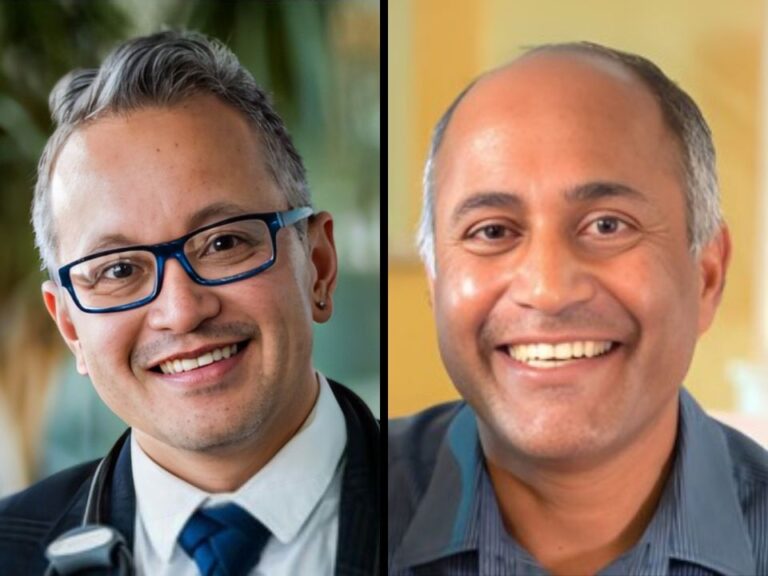

Black history month
—————————————————
Robert A. Winn, MD
Director and Lipman Chair in Oncology, VCU Massey Comprehensive Cancer Center, Senior associate dean for cancer innovation, Professor of pulmonary disease and critical care medicine, VCU School of Medicine
This month, Robert A. Winn returns to his role as guest editor of The Cancer Letter and the Cancer History Project during Black History Month.
In his day job, Winn is the director and Lipman Chair in Oncology at VCU Massey Comprehensive Cancer Center, senior associate dean for cancer innovation, and professor of pulmonary disease and critical care medicine at VCU School of Medicine.
As we welcome Winn to this role, the Cancer History Project is taking a look back at his work as guest editor—beginning in the summer of 2020, through now.
Robert Winn, Otis Brawley: “I could have been George Floyd”
Aug. 6, 2020
Lori Pierce: Therapies are of no use when patients can’t get off work to be treated
Feb. 19, 2021
Kunle Odunsi: 50 years from now disparities—and metastatic disease—will be gone
Feb. 26, 2021
Wayne Frederick on the legacy of LaSalle Leffall, Jr. – The Cancer History Project
Feb. 4, 2022
Harold Freeman, father of patient navigation, on cutting the cancer out of Harlem
Feb. 11, 2022
Edith Mitchell on her path from Tennessee farm to becoming a cancer doctor and brigadier general
Feb. 18, 2022
Black History Month panel: “We need to talk about justice”
Feb. 25, 2022
Otis Brawley & Robert Winn discuss the killing of Tyre Nichols and the power dynamics in policing—and health care
Feb. 3, 2023
MSK’s Vickers: “We’ve been seen as exclusive and selected. I want to broaden that aperture for the organization.”
Feb. 17, 2023
‘The house that Jack built’: remembering Howard University’s Jack E. White
Feb. 24, 2023


This column features the latest posts to the Cancer History Project by our growing list of contributors.
The Cancer History Project is a free, web-based, collaborative resource intended to mark the 50th anniversary of the National Cancer Act and designed to continue in perpetuity. The objective is to assemble a robust collection of historical documents and make them freely available.
Access to the Cancer History Project is open to the public at CancerHistoryProject.com. You can also follow us on Twitter at @CancerHistProj, or follow our podcast.
Is your institution a contributor to the Cancer History Project? Eligible institutions include cancer centers, advocacy groups, professional societies, pharmaceutical companies, and key organizations in oncology.
To apply to become a contributor, please contact admin@cancerhistoryproject.com.









